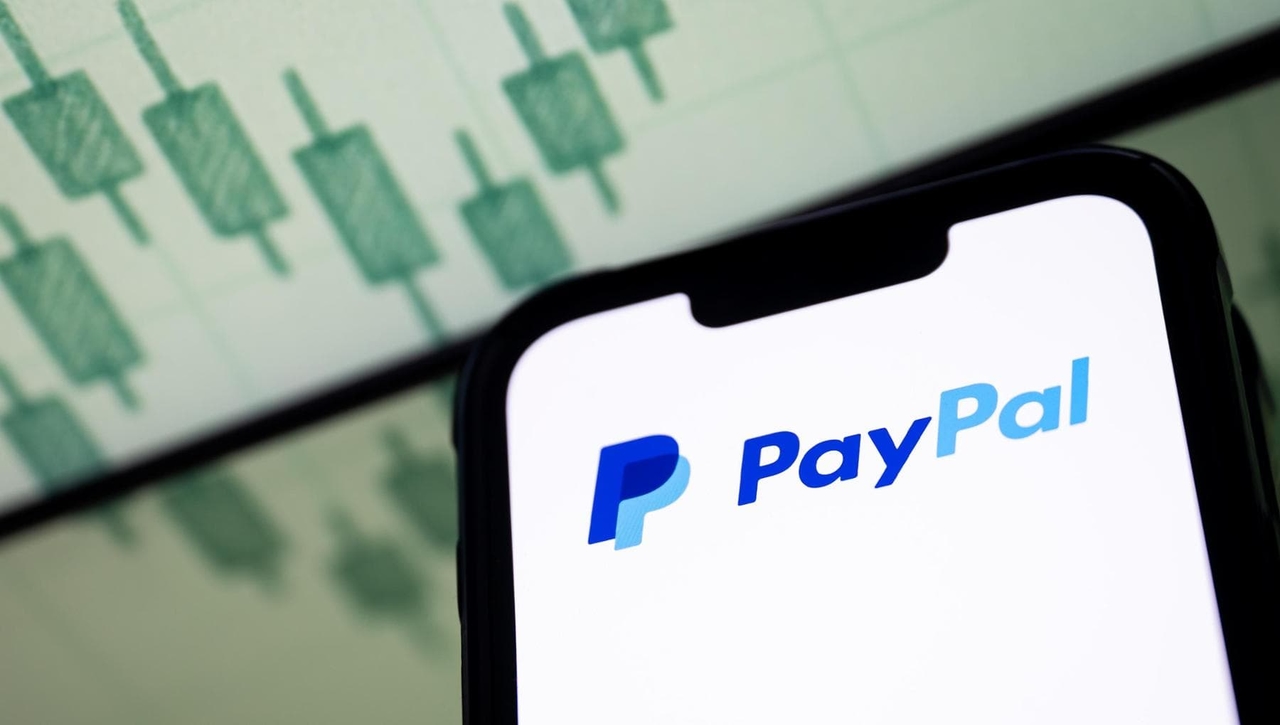"We're paying for a scam that isn't ours." The paradoxical case of Liber Liber and PayPal

It seemed like an overnight success, the kind of notification every e-commerce site dreams of: dozens of orders pouring in, all within minutes. But there was something amiss behind that deluge of payments.
At the end of September 2025, the Liber Liber portal—an Italian nonprofit project dedicated to the free distribution of public domain works—recorded an unusual surge in purchases from the United States. All for the same price, €9.99 , and for the same digital file: the complete download of the online library.
"In just a few hours, we received dozens of payments from US accounts," says Marco Calvo , curator of Liber Liber, "too numerous and close together to be real. I immediately thought it was a fraudulent test on compromised PayPal accounts."
Dialogue with artificial intelligence, which does not understand the scamCalvo, who manages transactions through E-text Srl, immediately contacted PayPal support to report the issue. However, the process proved long and complicated. The first to respond was an automated AI-based chat, which misinterpreted the report and even temporarily blocked access to his PayPal account, instead of analyzing and prioritizing the issue.
Only after several attempts and hours of repeated logins—with authentications, ticket reopenings, and sudden disconnections—does he finally manage to speak to a human operator at the PayPal customer center in Tunisia.
At this point, however, a full-blown dispute erupts: Calvo insists on the hypothesis of a system flaw, while the operator explains that these are simply "bank chargebacks," i.e., refund requests originating from customers' banks. PayPal, however, denies any vulnerability in its platform, nor the existence of a cyber attack or ongoing scam.
From fraud to mockery: those who report the problem end up payingPayPal's response, however, goes beyond simply denying the vulnerability, Calvo explains. After several US customers disputed payments through their banks, the platform automatically initiated refunds, also charging Liber Liber a €16 penalty for each disputed transaction to cover the costs of handling the dispute.
"It's a paradoxical system," Calvo observes, "because users didn't make any voluntary purchases, but were victims of fraudulent transactions. And now, at Liber Liber, we find ourselves having to pay a commission due to an error that wasn't our fault."
Data provided by Liber Liber shows that, between late September and October, the site received 741 purchase attempts from allegedly compromised PayPal accounts. Most of these transactions were automatically blocked or failed, but dozens were successful: 25 of these have already been disputed by US users as unauthorized payments. More could arrive in the coming days.
If PayPal were to maintain its refund policy unchanged, each transaction would result in a penalty of 16 euros for Liber Liber, in addition to the refund of the original amount (9.99 euros).
Calvo has already disabled PayPal as a payment method, temporarily blocked orders from the United States and retained the necessary documentation for any legal checks.
The issue of digital responsibilityThe Liber Liber case also opens another front: that of the liability of digital platforms and the growing role of automation in customer service.
Artificial intelligence systems, designed to speed up responses and handle high volumes of requests, often end up complicating human interaction, especially when reporting a real and serious technical issue. In situations like this, the distance between the user and the company risks turning into a wall of algorithms and standardized procedures.
This wouldn't be the first time PayPal has been criticized for its handling of similar cases. In 2022, the company agreed to pay a $2 million fine following an investigation into its security and user data protection procedures. This precedent makes the concerns of those who now find themselves dealing with suspicious incidents like the one reported by Liber Liber even more understandable.
"My impression," concludes Marco Calvo , "is that they've built a system of barriers to discourage those who report problems. E-commerce is no longer a sector for the few; we need laws that better protect both buyers and sellers. It's wrong for sellers to be the ones to pay for any security issues involving intermediaries."
repubblica





